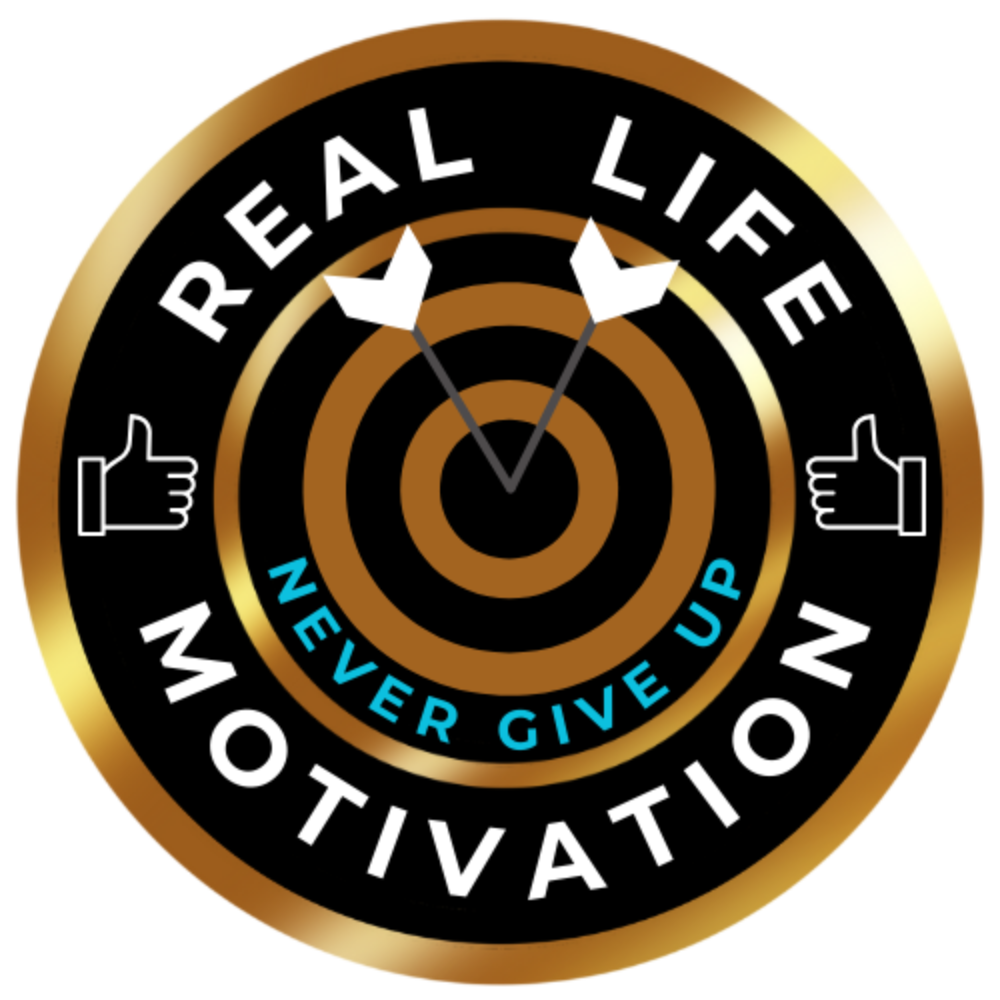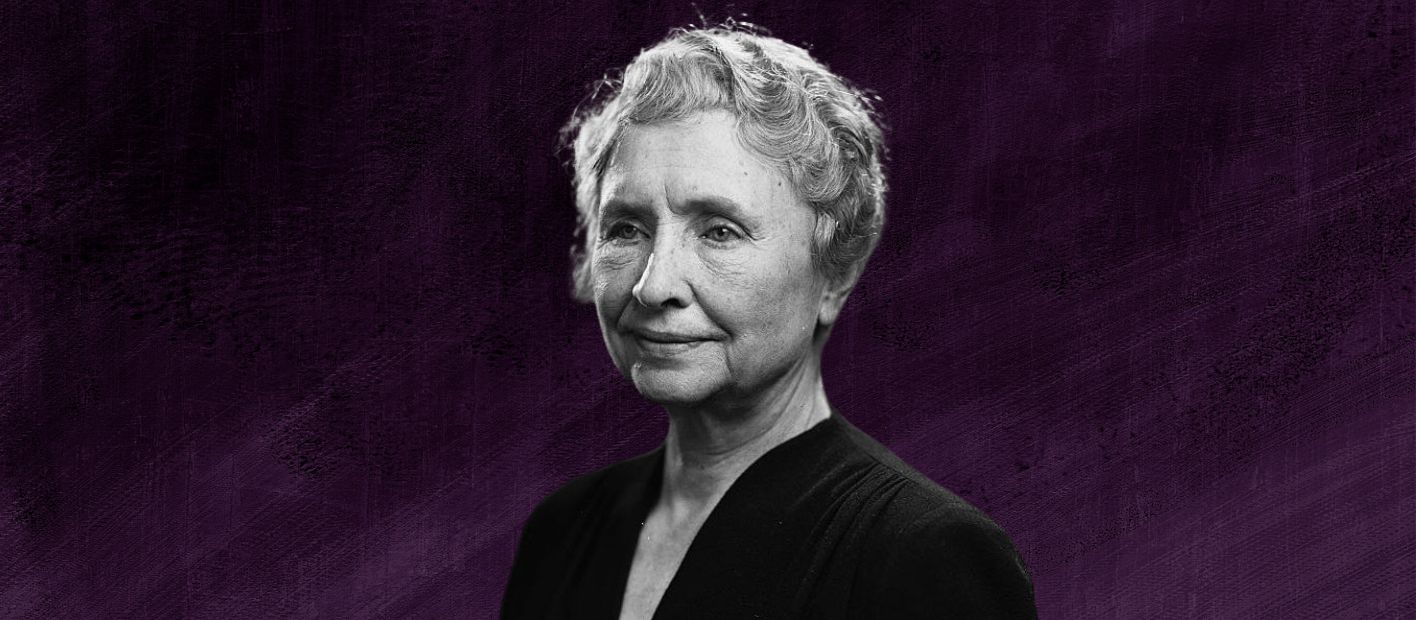Helen Keller: Triumph Over Silence and Darkness
Introduction
Meet Helen Keller
Helen Keller, born on June 27, 1880, in Tuscumbia, Alabama, overcame immense obstacles to become a renowned author, activist, and lecturer. Despite losing her sight and hearing at a young age, Keller’s determination and resilience turned her into an inspirational figure whose legacy continues to impact millions.
Early Life and Challenges
At 19 months old, Helen Keller was struck by an illness, likely scarlet fever or meningitis, which left her both blind and deaf. The world plunged into silence and darkness for young Helen, making communication with others seemingly impossible. Her early years were marked by frustration and isolation, as she struggled to express herself and understand the world around her.
The Turning Point
The arrival of Anne Sullivan, a teacher from the Perkins Institute for the Blind, marked a pivotal moment in Keller’s life. With Sullivan’s guidance, Keller began her extraordinary journey of learning and self-discovery, transforming from a child unable to communicate into a beacon of hope and determination.
The Role of Anne Sullivan
The Miracle Worker
Anne Sullivan, often referred to as the “Miracle Worker,” played an indispensable role in Keller’s life. When Sullivan arrived at the Keller household in 1887, she quickly began implementing innovative teaching techniques that would unlock Helen’s potential.
Teaching Methods and Breakthroughs
Sullivan used tactile sign language, spelling words into Helen’s hand to bridge the gap of communication. The breakthrough came when Helen connected the concept of water with the word Sullivan spelled into her hand at the water pump. This moment ignited a voracious appetite for learning in Keller, who rapidly expanded her vocabulary and understanding.
Lifelong Companionship
Sullivan’s dedication extended far beyond that of a typical teacher. She became Helen’s companion and confidante, supporting her through academic pursuits and public life. Their bond exemplified the transformative power of dedicated mentorship and unwavering support.
Academic and Personal Achievements
Education and Graduation
Keller’s determination led her to achieve remarkable academic success. She attended the Cambridge School for Young Ladies and later entered Radcliffe College, where she graduated cum laude in 1904. Keller was the first deaf-blind person to earn a Bachelor of Arts degree, a testament to her intellect and perseverance.
Literary Contributions
Helen Keller authored several books and essays, including her autobiography “The Story of My Life,” which provided an intimate look at her experiences and triumphs. Her writings offered insight into the challenges and possibilities for individuals with disabilities, fostering greater awareness and empathy.
Advocacy and Public Speaking
Keller used her platform to advocate for various social issues, including disability rights, women’s suffrage, and workers’ rights. Her eloquence and passion made her a sought-after public speaker, and she traveled extensively to share her message of hope and determination.
Overcoming Societal Barriers
Challenges Faced by Disabled Individuals
During Keller’s time, societal attitudes towards disabilities were often discriminatory and limiting. Keller faced numerous barriers, from accessing education to participating fully in society. Her advocacy aimed to dismantle these barriers and promote inclusivity.
Keller’s Activism for Disabilities and Women’s Rights
Keller’s activism extended beyond disability rights. She was a staunch advocate for women’s suffrage and an early supporter of the American Civil Liberties Union (ACLU). Her work highlighted the interconnectedness of social justice issues and the need for comprehensive advocacy.
Political and Social Impact
Keller’s influence reached political circles, where she lobbied for policy changes and greater support for individuals with disabilities. Her efforts contributed to the development of more inclusive educational practices and improved public perception of people with disabilities.
Legacy and Influence
Contributions to Literature and Education
Keller’s literary contributions continue to inspire readers worldwide. Her story has been adapted into numerous plays, films, and books, ensuring that her legacy endures through various media. Educational institutions and programs have also been established in her name, promoting inclusive education and support for disabled students.
Inspirational Figure and Cultural Icon
Keller’s life story transcends the challenges she faced, embodying the triumph of the human spirit. She remains a cultural icon, symbolizing resilience, courage, and the potential for overcoming adversity. Her image continues to inspire individuals to pursue their goals, regardless of the obstacles.
Continuing Advocacy and Modern Relevance
Keller’s advocacy laid the groundwork for modern disability rights movements. Organizations like the Helen Keller International carry forward her mission, working to prevent blindness and improve the lives of those with vision and hearing impairments. Her life’s work remains relevant as society continues to strive for inclusivity and equal opportunities for all.
Conclusion
Lessons from Helen Keller’s Life
Helen Keller’s life teaches us the importance of perseverance, education, and advocacy. Her journey demonstrates that with determination and support, individuals can overcome even the most daunting challenges.
The Power of Perseverance and Advocacy
Keller’s relentless pursuit of knowledge and her commitment to social justice highlight the transformative power of perseverance and advocacy. Her work continues to inspire efforts towards a more inclusive and equitable society.
Inspiring Future Generations
Helen Keller’s legacy is a beacon of hope for future generations. Her story encourages us to break down barriers, champion the rights of marginalized communities, and believe in the boundless potential of the human spirit. Through her example, we learn that with resilience and determination, we can triumph over silence and darkness.





